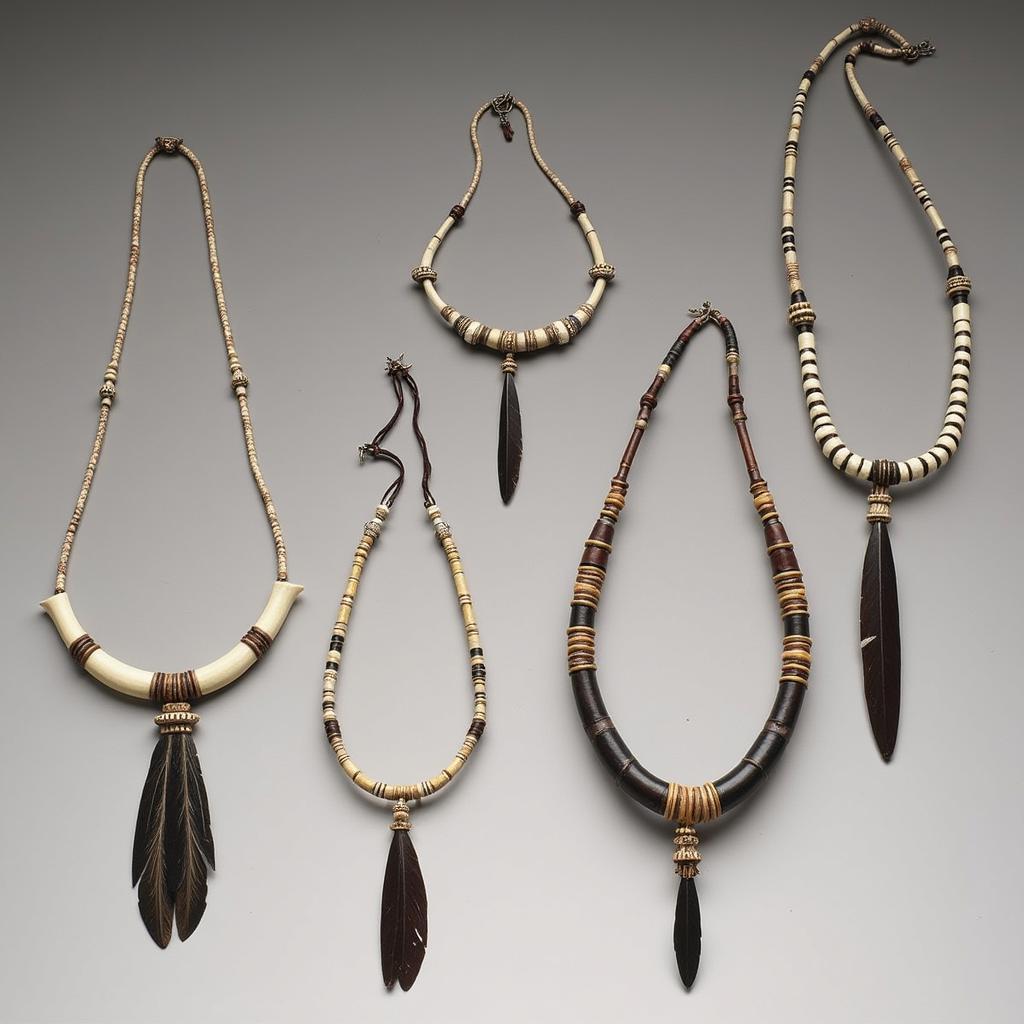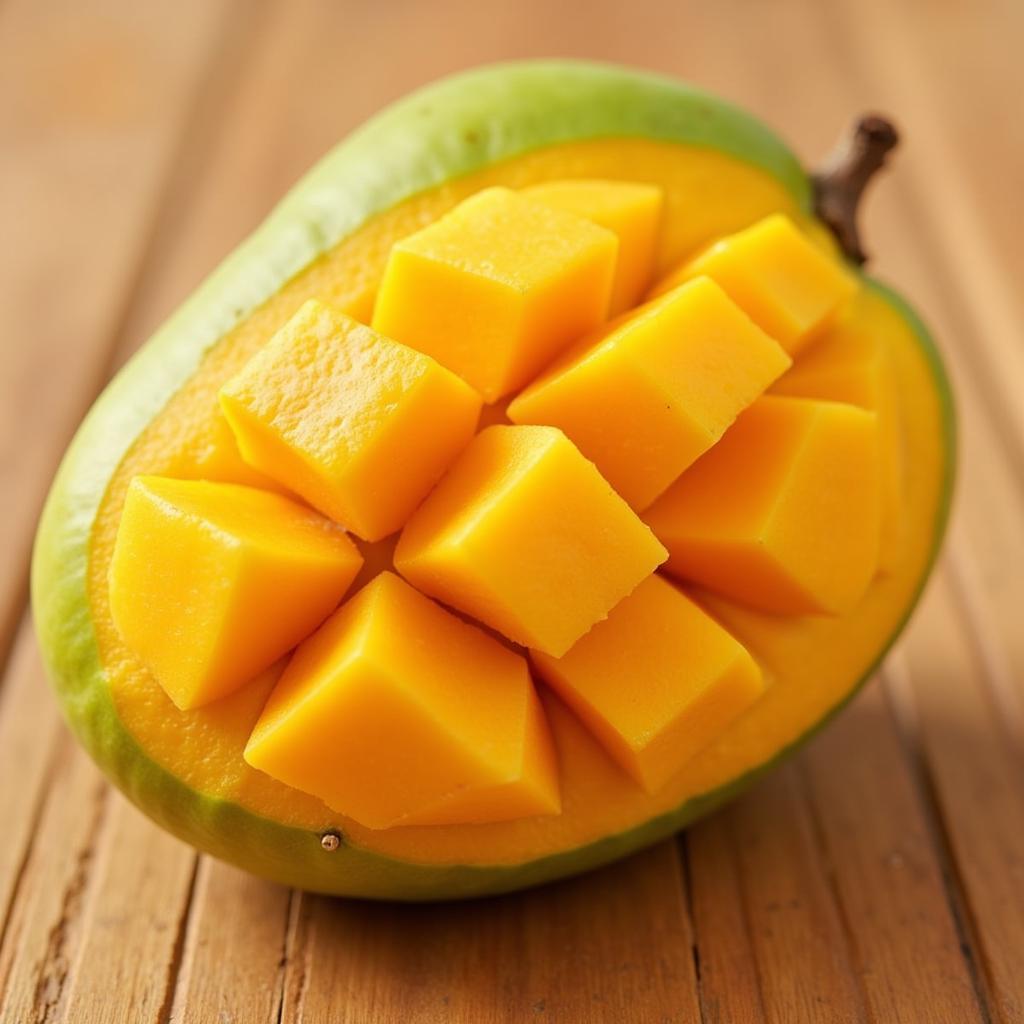The Ultimate Guide to African Hair Combs: A Celebration of Culture and Beauty
African Hair Combs are more than just tools for styling hair; they are a tangible representation of African culture, tradition, and identity. These combs have been used for centuries, passed down through generations, and played an integral role in shaping the hairstyles of the continent’s diverse people.
Throughout history, African hair combs have been intricately crafted from a variety of materials, including wood, bone, ivory, metal, and even shells. Each material has its own unique properties and significance, reflecting the cultural diversity of the African continent.
Understanding the Significance of African Hair Combs
Beyond their practical function, African hair combs symbolize a rich tapestry of cultural significance. They often feature intricate carvings, patterns, and designs that reflect the beliefs, customs, and aesthetics of different African communities.
- Symbolic Representations: Some combs are adorned with symbols representing ancestors, spirits, and deities, reflecting a deep connection to the spiritual realm.
- Social Status and Identity: The type of comb used could also indicate social status and tribal affiliation.
- Artistic Expression: African hair combs are often considered works of art, showcasing the exceptional craftsmanship and creativity of African artisans.
Why are African hair combs important?
“African hair combs are not simply tools for styling, they are powerful symbols of identity, heritage, and cultural pride. They connect us to our ancestors, our traditions, and our sense of belonging,” says Professor Amani Kumba, a renowned anthropologist specializing in African cultural studies.
Exploring Different Types of African Hair Combs
The African continent boasts a vast array of hair comb types, each with its unique characteristics and purpose. Here are some of the most popular styles:
- Wooden Combs: These combs are widely used throughout Africa, made from various hardwoods like ebony, mahogany, and rosewood. They are known for their durability and the beautiful natural patterns that emerge from the wood grain.
- Bone Combs: Traditionally made from animal bones, these combs were prized for their strength and resilience.
- Metal Combs: Metal combs are typically made from brass or copper, offering a more robust construction and a sleek aesthetic.
- Shell Combs: These combs, often fashioned from cowrie or other marine shells, were traditionally used in coastal communities. They are beautiful and unique, reflecting the rich biodiversity of Africa’s coastline.
How are different types of African hair combs used?
“The type of comb used is often dictated by the hair texture and styling preferences. For example, wide-toothed combs are ideal for detangling thick, coarse hair, while fine-toothed combs are best for creating intricate styles,” explains Ms. Zawadi Mkuu, a skilled African hairstylist and cultural ambassador.**
The Evolution of African Hair Combs
The history of African hair combs is a fascinating journey, spanning centuries and influenced by various cultural exchanges. Early combs were often simple, crafted from natural materials. As time progressed, the designs became more intricate and sophisticated, reflecting the evolving artistic sensibilities and cultural innovations of different African societies.
The arrival of European colonizers in Africa led to the introduction of new materials and techniques, but traditional methods of comb making continued to flourish in many regions.
What impact did colonization have on African hair combs?
“While some aspects of African hair comb production were influenced by European practices, the core essence of African hair comb culture remained intact. The symbolic and aesthetic significance of these combs continues to inspire and resonate with people of African descent around the world,” emphasizes Mr. Kwame Tetteh, an independent researcher and author specializing in African art and craft.
African Hair Combs in Contemporary Culture
Today, African hair combs are experiencing a resurgence in popularity, becoming a powerful symbol of Black identity and cultural pride. They are widely used by people of African descent globally, both for their practical functionality and their cultural significance.
The contemporary use of African hair combs transcends traditional uses, encompassing a broader spectrum of aesthetics and cultural expression.
What are the benefits of using African hair combs?
“African hair combs are not just a tool for styling; they are an essential element in promoting healthy hair growth, detangling knots, and creating beautiful and versatile hairstyles,” says Ms. Nnenna Ibekwe, a renowned beauty blogger and advocate for natural hair care.
Where to Find African Hair Combs
African hair combs are readily available in various shops, markets, and online retailers. You can find a diverse range of styles, materials, and designs to suit your preferences and budget.
Conclusion
African hair combs are more than just tools for styling; they are a vibrant expression of African culture, beauty, and heritage. From their intricate carvings to their symbolic significance, these combs tell stories of resilience, tradition, and the enduring power of African artistry.
As you explore the world of African hair combs, embrace the rich cultural tapestry they represent and celebrate the unique beauty they bring to your hair care routine.
FAQs
Q: What is the best way to care for an African hair comb?
A: It’s important to clean your African hair comb regularly to remove dirt and hair buildup. Use a mild soap and warm water, and air-dry it thoroughly.
Q: Are African hair combs suitable for all hair types?
A: Yes, there are a variety of African hair combs designed for different hair types and textures. Choose a comb with teeth that are appropriate for your hair’s thickness and curl pattern.
Q: Where can I find authentic African hair combs?
A: You can find authentic African hair combs at local African markets, online retailers specializing in African products, and cultural centers.
Q: Are African hair combs expensive?
A: The price of African hair combs can vary depending on the material, craftsmanship, and design. You can find affordable options as well as more elaborate and collectible combs.
Q: How do I choose the right African hair comb?
A: Consider your hair type, styling preferences, and the cultural significance of the comb. Look for combs made from high-quality materials and crafted with care and attention to detail.
Q: What are some interesting facts about African hair combs?
A: Some interesting facts about African hair combs include:
- They were often used as tools for communication and storytelling.
- Some tribes used hair combs to distinguish between social classes or genders.
- African hair combs continue to inspire modern-day fashion and design.
Q: How can I learn more about the cultural significance of African hair combs?
A: You can explore online resources, visit cultural centers, and engage with African hair stylists and artisans to learn more about the history and significance of African hair combs.


